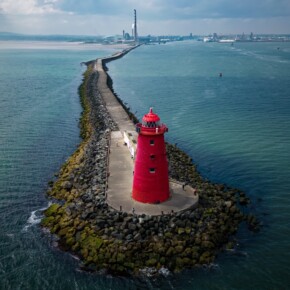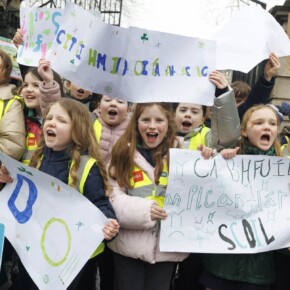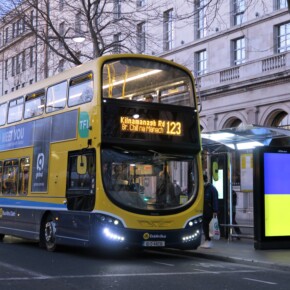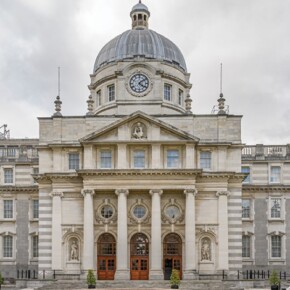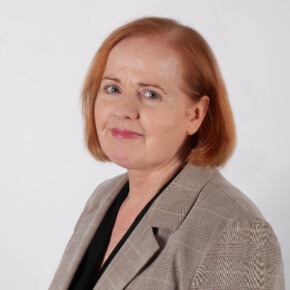Cuffe concern over Dublin Airport boss comments
Mike Finnerty 14 Nov 2023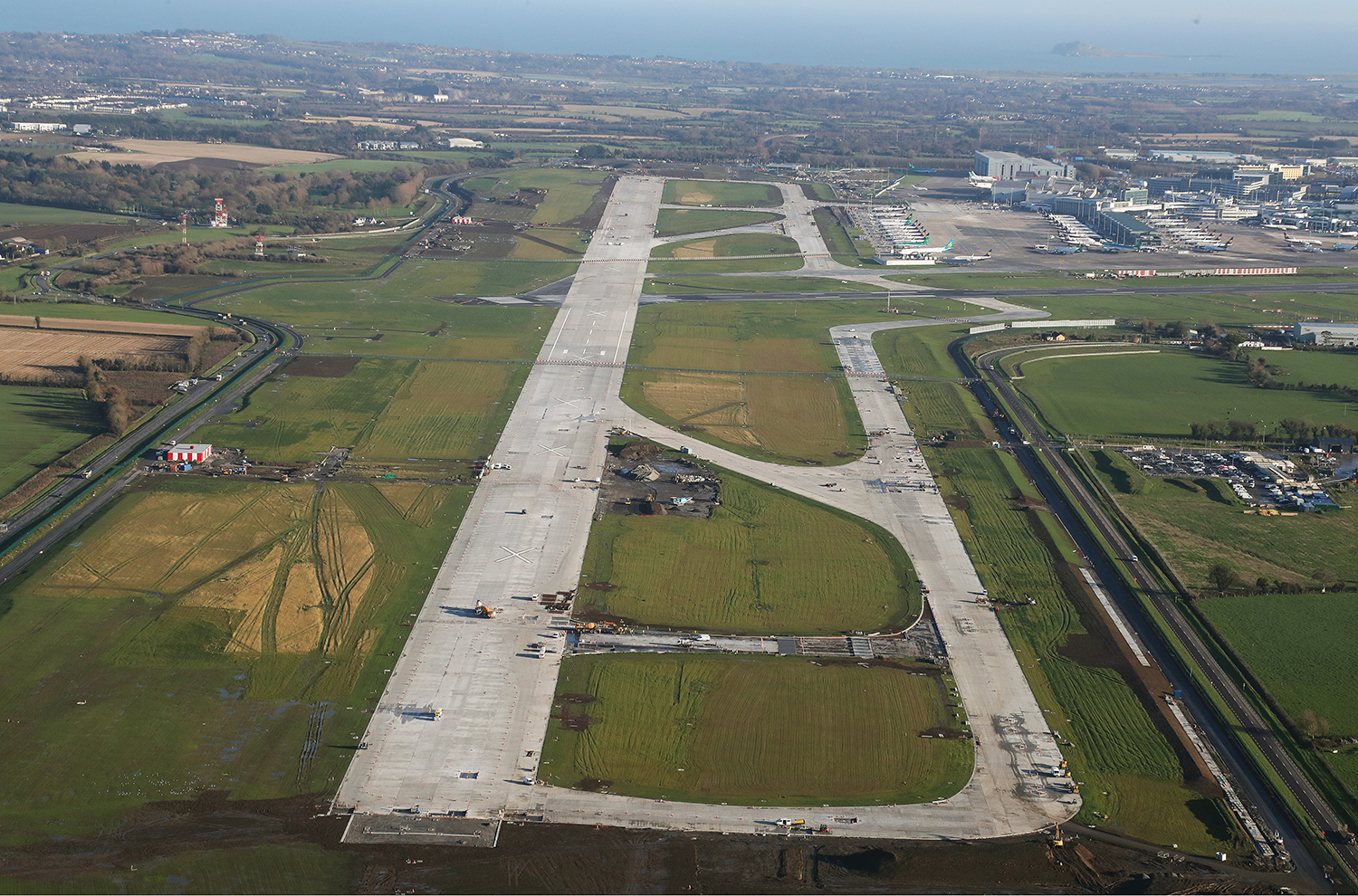
Dublin MEP Ciarán Cuffe has called for DAA CEO Kenny Jacobs to clarify his recent suggestion that retaining the current cap on passenger numbers at Dublin Airport would “hurt” the airport’s sustainability ambitions.
Jacobs made the comments during a recent interview with RTÉ.
Speaking to RTÉ in September, Jacobs said “there is a clear opportunity to grow Dublin Airport further, providing more jobs and more economic growth for Ireland in the process, but only if the planning and regulatory environment is able to keep pace.”
“If Dublin Airport is not able to accommodate these opportunities for growth, it will be other major city airports – the same airports that Dublin Airport currently competes with on a daily basis for air connectivity – that will benefit instead.”
The research, conducted by InterVistas on behalf of DAA, claimed that if the cap were to remain at 32 million, it would lead to the economy losing nearly 18,000 jobs by 2030.
It noted that numbers at Dublin Airport are expected to reach 39.6 million by 2030, 46.6 million by 2040 and 55 million by 2055.
Jacobs claimed the cap remaining on passenger numbers at Dublin Airport would carry “huge implications for Ireland’s tourism sector and business community, with trade and visitor numbers being constrained.”
“Ireland’s ability to maximise these growth opportunities, in terms of additional jobs and economic activity, would go a long way to enabling Ireland to accommodate the strong population growth that it is expecting over the decades to come,” he added.
In a letter to Jacobs, seen by Northside People, the Green Party MEP wrote that Jacobs’ comments were “at best irresponsible to advocate for increasing the passenger cap, and to claim that retaining the current cap will ‘hurt’ the airport’s sustainability ambitions.”
“At worst, the comments represents a cynical attempt to obfuscate the real power that the DAA holds over the level of emissions produced by flights arriving and departing from Dublin Airport, effectively washing your hands of this important responsibility.”
“This is without even mentioning what such a move would mean for air pollution and aircraft noise, and for the associated responsibility of the DAA to operate within the limits of its planning permissions and show the utmost respect to the lived experience of local residents.”
The noise and carbon emissions generated by airlines has become a major political topic across Europe, with Cuffe’s Green Party colleagues in The Netherlands, GroenLinks, currently fighting a general election campaign where they are advocating for an extra tax on frequent flyers and airlines that fail to meet environmental standards.
Earlier this year, the French government banned short-haul domestic flights that could be made by trains within a 2-and-a-half-hour span.
The Dublin MEP further iterated the warming impact of aviation on the environment, writing “aviation is currently responsible for nearly 4% of the EU’s CO2 emissions and the global warming potential of aviation is not limited to CO2 emissions alone.”
“The warming effect of aviation is up to three times higher when other emissions from flying are considered. Even with the impact of sustainable aviation fuels, more flights will increase emissions in the short-to medium-term.”
“As you know, CO2 emissions from aviation grow as air travel increases; while Dublin Airport is not ultimately responsible for the emissions produced by airlines, it plays an indispensable, facilitating role,” he wrote.
“By advocating for increasing the passenger cap, the DAA is effectively offering its green light for aviation emissions to increase.”
Cuffe, who was recently re-selected as the Green candidate for Europe in 2024, asked Jacobs two questions within the body of the letter.
He asked “how will retaining the cap on passenger numbers at Dublin Airport ‘hurt’ the airport’s sustainability ambitions?” and “do you disagree that limiting the number of flights is an effective way to contain the CO2 and non-CO2 emissions, and the noise, produced by flights departing from and arriving at Dublin Airport?”.
Local residents welcomed a decision made by Fingal County Council in August that limited night flights into Dublin Airport, who had long campaigned for the reduction of night flights into the airport after complaining of noise and the emissions released by aircraft.
Discussing the decision which was made in August, local resident and independent councillor Joe Newman said that the aviation industry in Ireland should not put as much pressure on Dublin Airport for Ireland’s aviation needs, and pointed to the likes of Shannon, Knock and Cork as airports that could handle the extra demand and pressure placed on Dublin.


